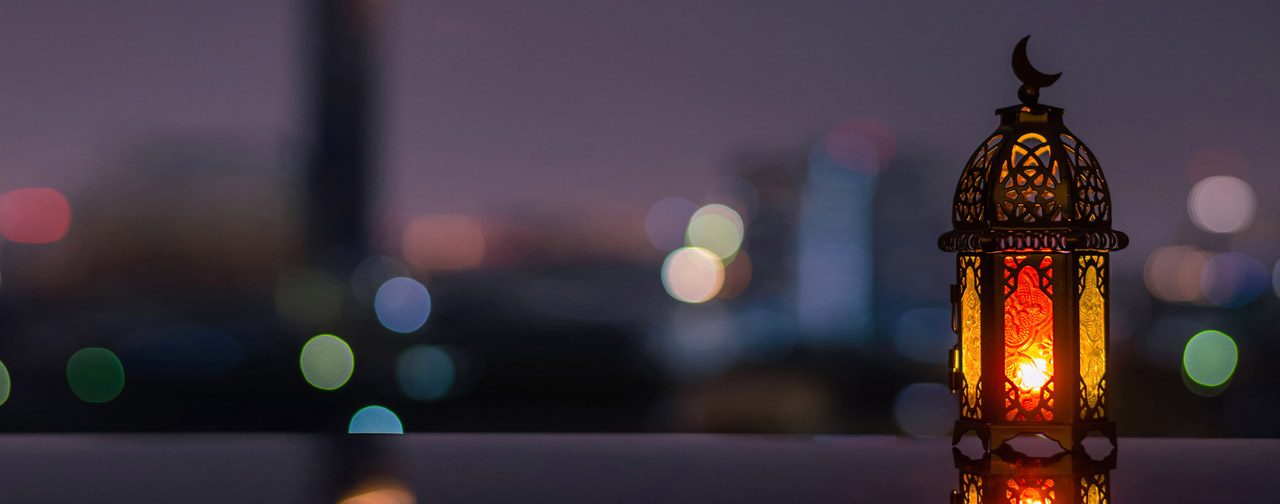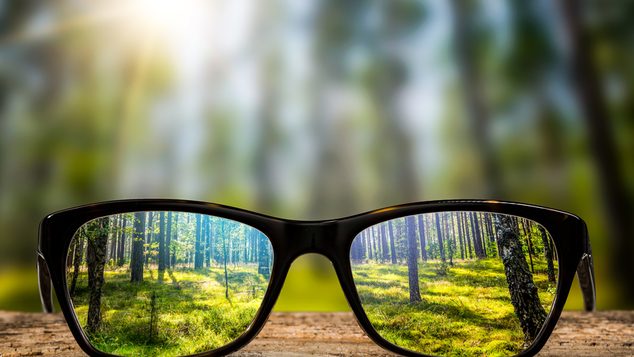Ramadan is the holiest month in the Islamic calendar. Each year, you’ll see Muslims fasting from sunrise to sunset for an entire month. So, why is Ramadan such an important month for Muslims and why do they fast? Ramadan is the ninth month in the Islamic calendar, which is based on the lunar cycle or phases of the moon. Healthy adult Muslims are required to fast in the daylight hours of Ramadan, which involves abstaining from eating, drinking, immoral acts and getting angry. Fasting (‘sawm’) is one of five pillars in Islam, the other four being faith in Allah (‘shahada’), prayer (‘salat’ or ‘namaz’), charity (‘zakat’) and pilgrimage (‘hajj’). For Muslims, it is a time for piety and spirituality and an opportunity to get closer to Allah. All Muslims who meet the necessary criteria in terms of wealth must do zakat (charity) in this month and donate the equivalent of 2.5% of their total savings and investments to support the needy.
Why is Ramadan so special?
Ramadan is the month in which the Qur’an, the holy book of Islam, was revealed to Prophet Muhammad (peace be upon him) through the angel Jibreel (Gabriel) in AD 610. The timing of revelation is given special significance, and is known as Laylatul Qadr or the Night of Power.
In the Qur’an, Laylatul Qadr is described as:
We have revealed it (Qur’an) in the night of power. And what will explain to you what the night of power is? The night of power is better than a thousand months.
Qur’an 97:1–4
To commemorate the revelation of the Qur’an, Muslims fast during the month of Ramadan – aiming to grow in spirituality by building a stronger relationship with Allah. We do this through fasting, praying, reciting the Qur’an, making their actions purposeful and selfless, and refraining from lying, gossiping and fighting.
What do Muslims do in Ramadan?
We wake up early (around 3.30am to 4am) for Suhur, a meal before fasting begins, followed by morning prayer, Fajr. Like me, my fellow Muslims will probably have some fruit, dates, maybe some slow energy releasing foods, like porridge oats or high-fibre cereal, alongside a cup of coffee/tea, and plenty of water to keep hydrated throughout the day. Some will practise special diets or different nutritional meals, but in general this is normally what we will eat at this time of the morning.
Fast forward to 7pm, and we’ll sit down for Iftar, a meal after sunset to break our fast, followed by sunset prayers, Maghrib. A couple of hours later, we’ll have nightly prayers, Ishaa, which are accompanied by additional Ramadan prayers called Taraweeh.
Now you’re probably guessing after reading this that surely it must be past Midnight by now… and you’re not wrong. We now have just a few hours to get some rest, before we must wake up and the whole cycle starts again.
My experience this Ramadan
I started fasting when I only 10 years old – too young. I’ve been fortunate to have had a very different experience this Ramadan. I work at BNY Mellon, in Pune, India where the weather touches 40 degrees Celsius. Like most companies these days, we have been working from home. This means I am in control of where and how I work.
Don’t get me wrong, fasting still takes it out of me – and before you ask, “You can at least have water, right?” the answer is “No”. We abstain from all food and drink from sunrise to sunset, including water and all caffeinated drinks (ha-ha, can you tell I’m a coffee junkie). It’s sabr (patience) that we must exercise in this month. This experience shows me the pain and hunger a needy person goes through every day.
I am currently waking up at 4am, and having some fruits, dates, bread and plenty of water. Fortunately, I get some sleep after Fajr prayer as I work from 1pm to 9.30pm. As I am at home, I pray five times a day, which I was unable to do when we were working in the office. Due to immense heat this summer, the only thing which concerns me the most is thirst. Once it’s 7pm, I break my fast with ‘iftar’ (an evening meal) with my family, which is a great blessing for me as my wife cooks very delicious and different kinds of cuisines during Ramadan.
After we have our meal, we pray ‘Magrib’ and then ‘Isha’ Prayers, which completes our day. On the 29th/30th day, we celebrate the last day of Ramadan and next day we celebrate Eid-Ul-Fitr, at which it is ‘Sunnah’ (habitual practice) to wear new clothes, apply ‘attar’ (perfume), and eat dates before Eid Prayers.
Every Muslim eagerly awaits his/her next Ramadan so that they can worship and be closer to Allah.




